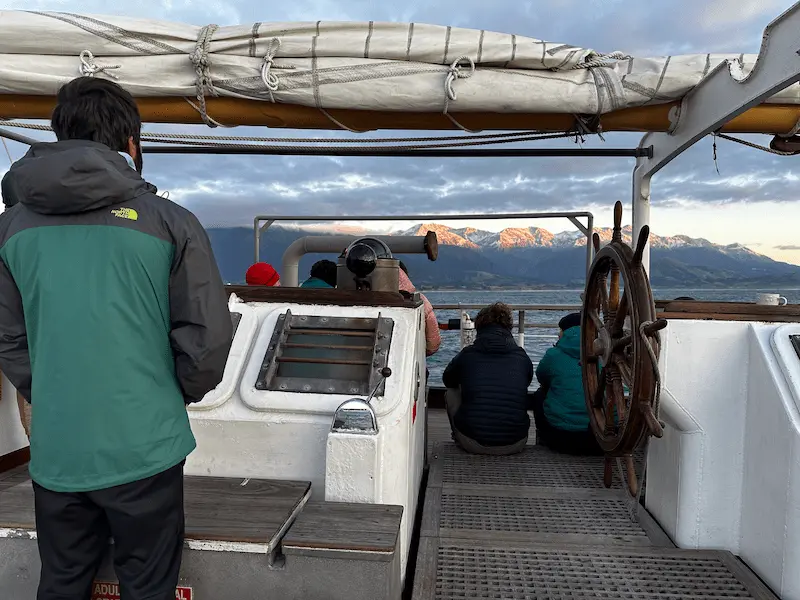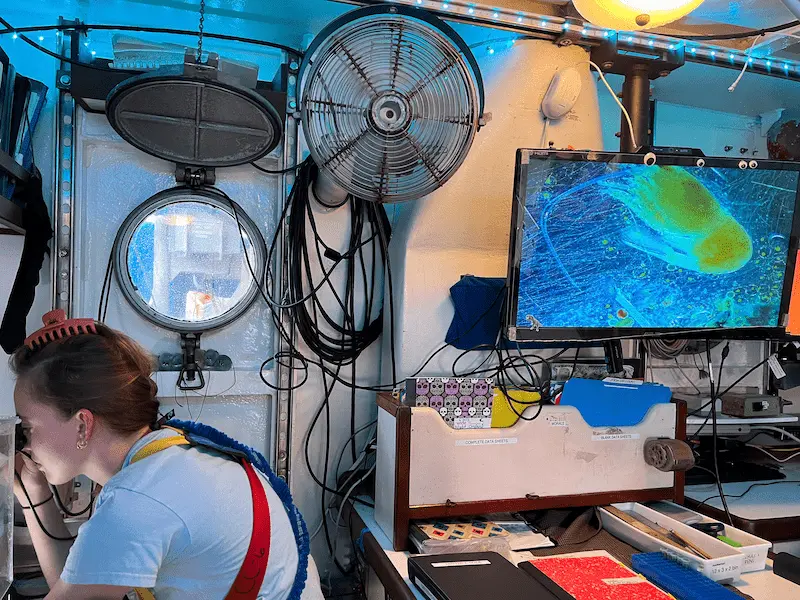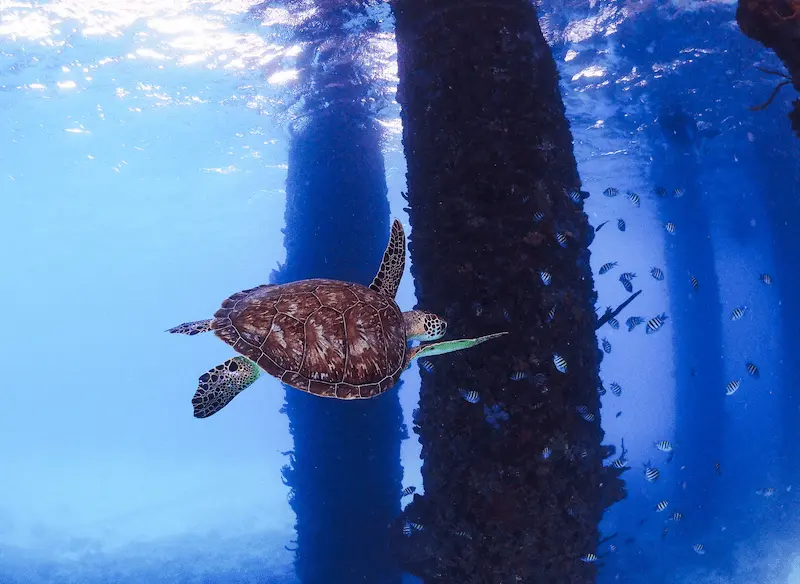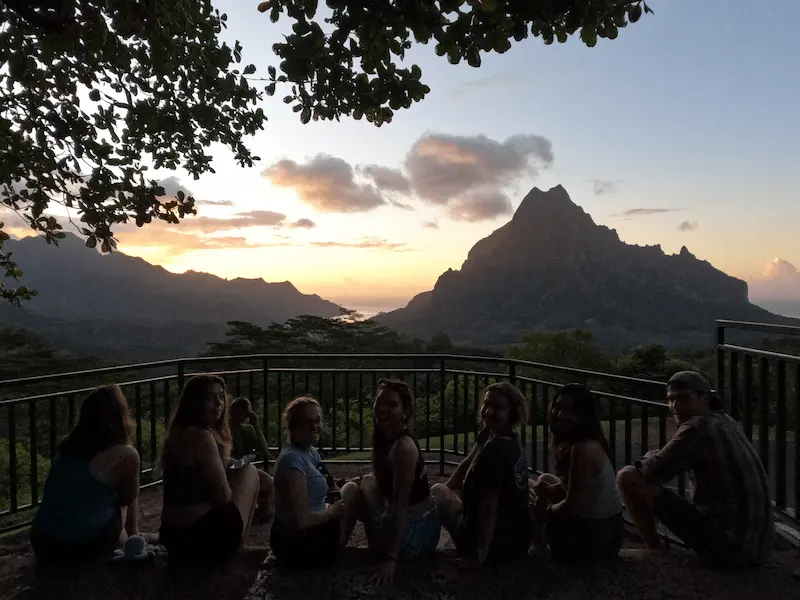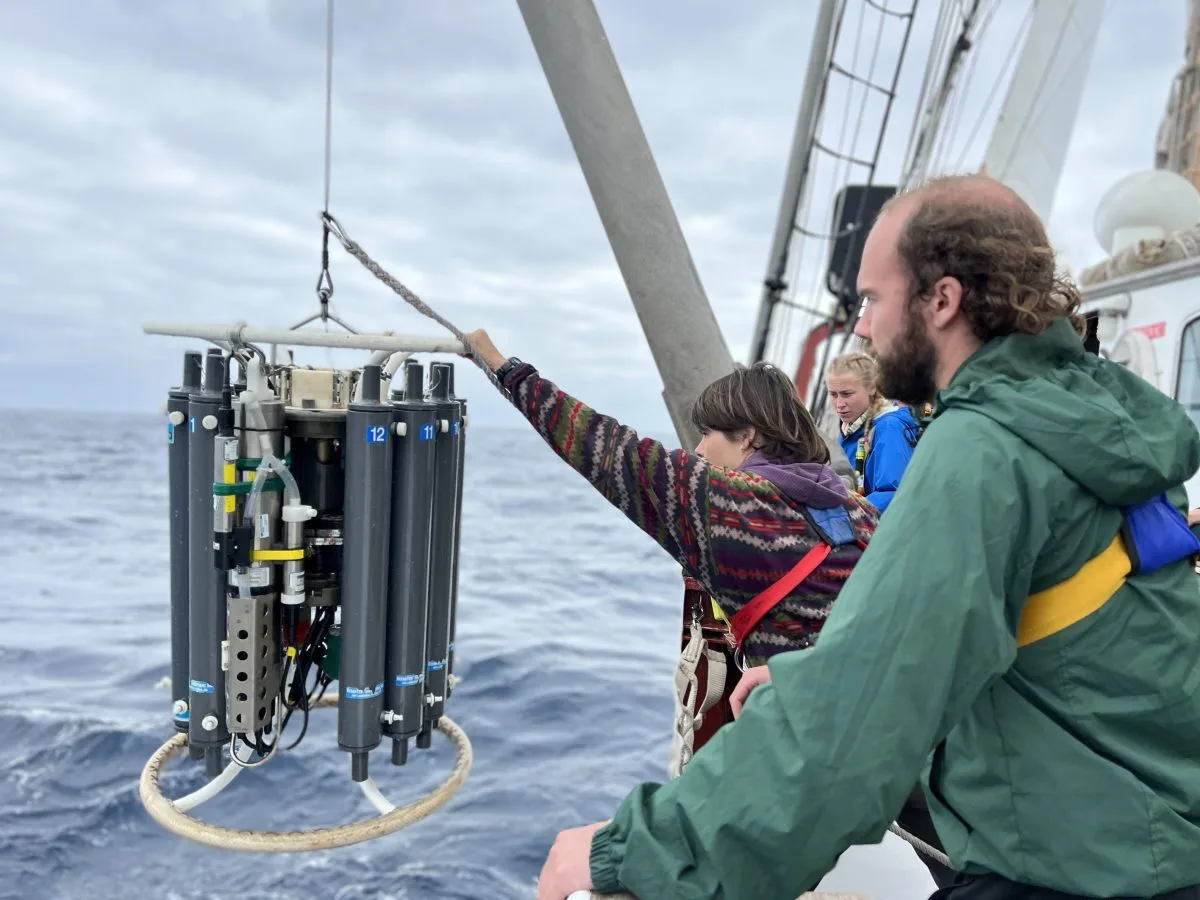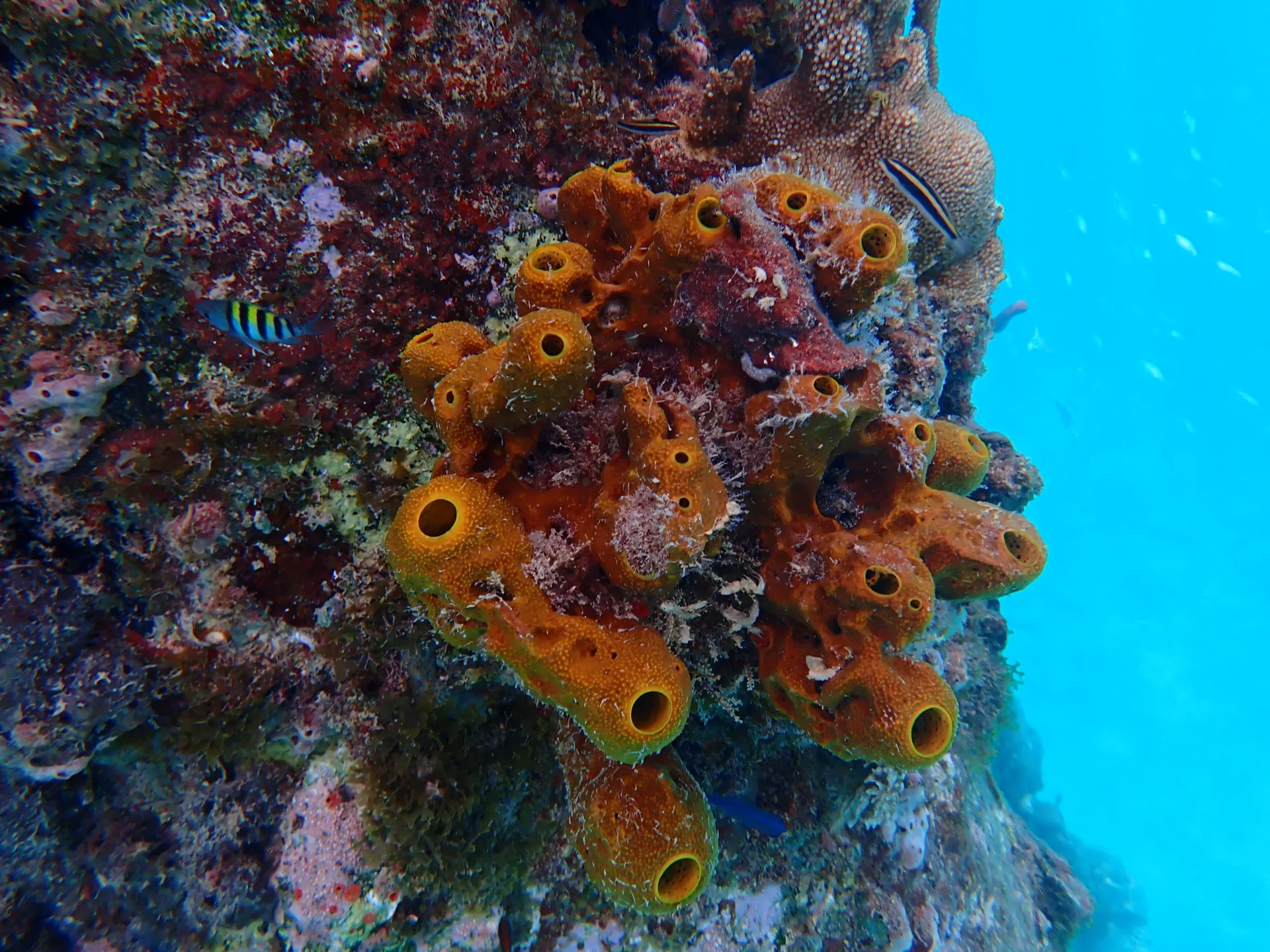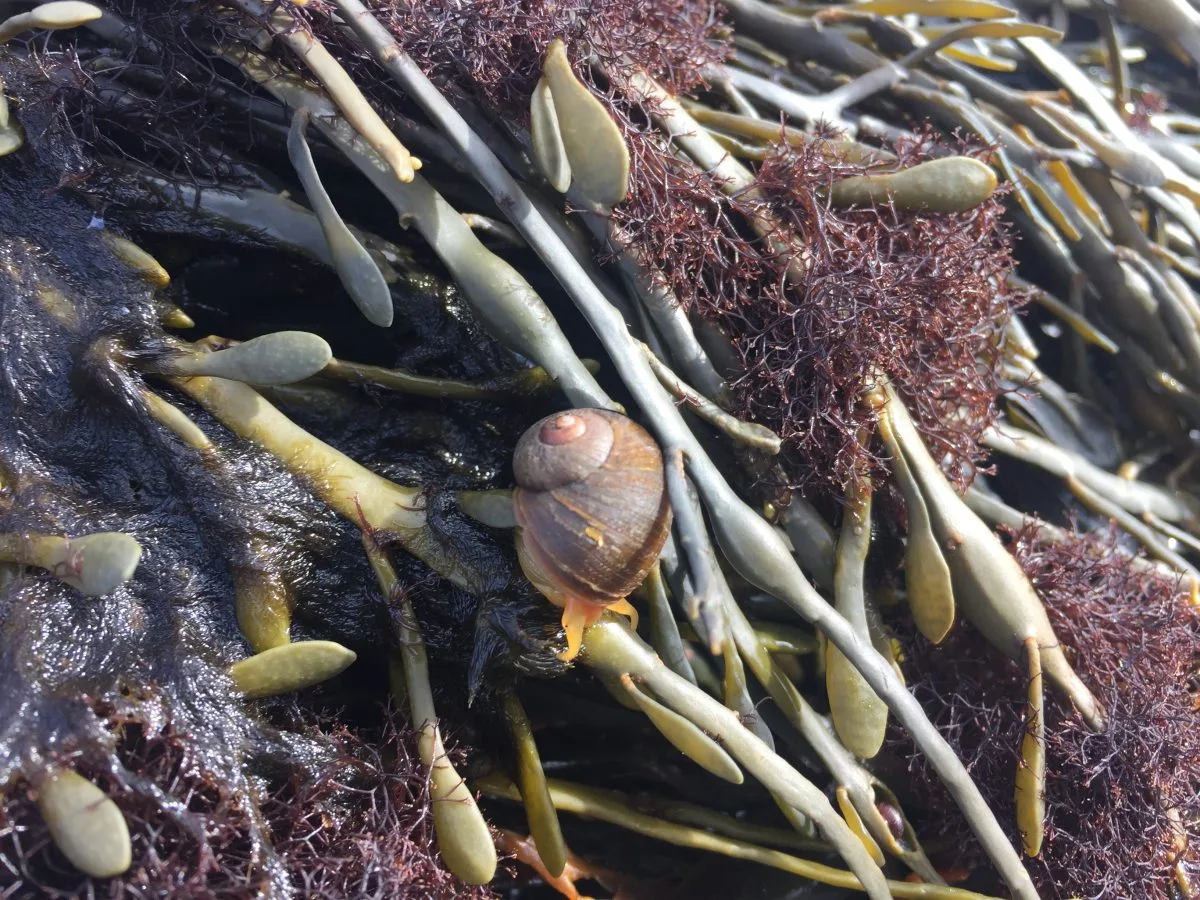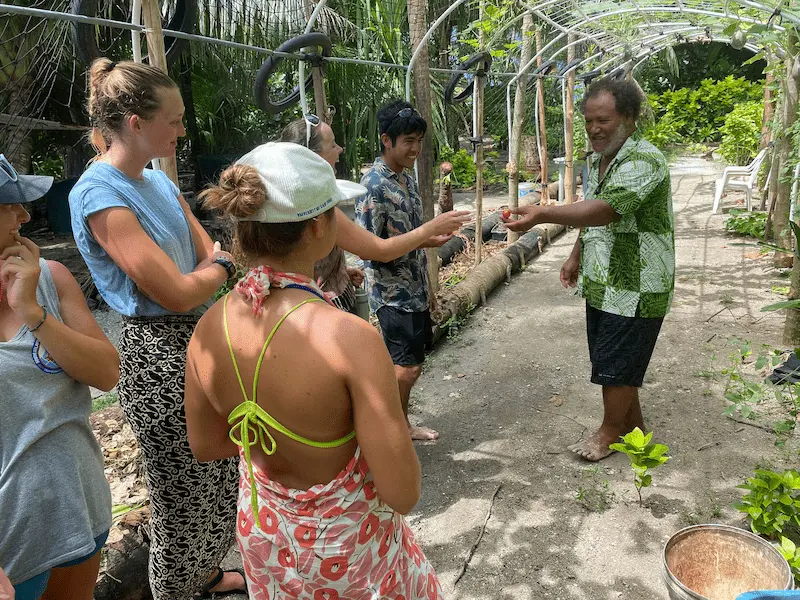Coral Reef Conservation: Fiji - Summer 2025
As climate change and land-use changes impact coral reefs around the world, Fiji provides a unique case study for the benefits of a network of marine protected areas that include ecosystem-based management strategies. EMB is just one example of a holistic and collaborative approach in uniting sustainable development and biodiversity protection.
Through coursework in Fiji followed by a research voyage at sea, students in this summer program will study tropical marine ecosystems, their ecological and socio-economic roles, and how humans affect coral reefs through terrestrial activities, climate change impacts, and diversity of management strategies.
While on shore in Fiji, students will learn about coral reef science, oceanography, climate change, environmental history, and policy strategies used in Fiji. They will also design comparative reef projects to be carried out on shore and at sea in the tropical Pacific. During their time at sea aboard the SSV Robert C. Seamans, students will participate in snorkel-based reef survey techniques by collecting marine ecology and oceanography data across reefs in Fiji. Students will also learn how to crew a tall ship and hone leadership skills, all while voyaging in some of the most remote and pristine regions around Fiji.
This program is for any student interested in exploring the changing Pacific Ocean environment through hands-on research and leadership experience at sea and is an opportunity to contribute to a growing body of knowledge about the health of coral reefs.
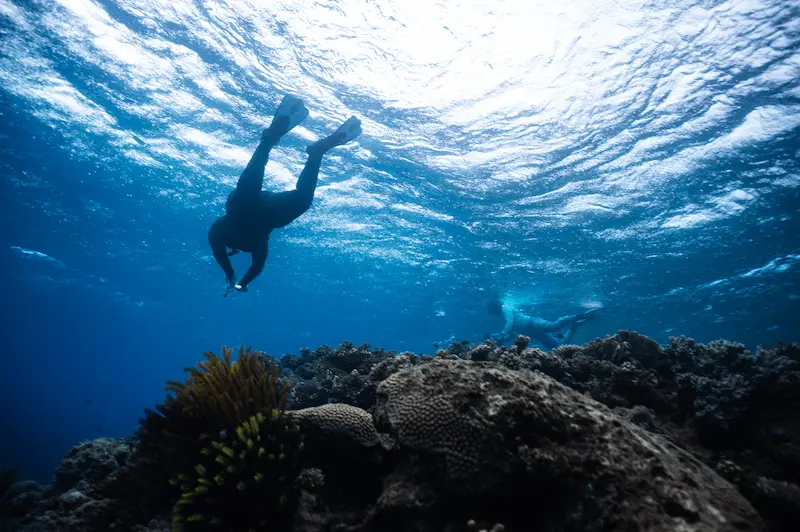
Learning Objectives
Locations
Nadi, Fiji to Nadi, Fiji
Port Stops
Remote Shore
Remote Shore
Academic Credit
Course Descriptions & Syllabi
This program offers 4 credits from Boston University for successful completion of the program.
Coral Reef Conservation: Fiji welcomes students of all majors.
Choice of:
Directed Oceanographic Research300 level, 4 credits
Two lab science courses (one at the 200-level or higher) or consent of instructor.
Design and conduct original oceanographic research. Collect data and analyze samples. Compile results in peer-reviewed manuscript format and share during oral or poster presentation session. Emphasis on development of research skills and written/oral communication abilities.
Practical Oceanographic Research200 level, 4 credits
Introduction to oceanographic research. Design a collaborative, hypothesis-driven project following the scientific process. Collect original data. Conduct analysis and interpretation, then prepare a written report and oral presentation.
